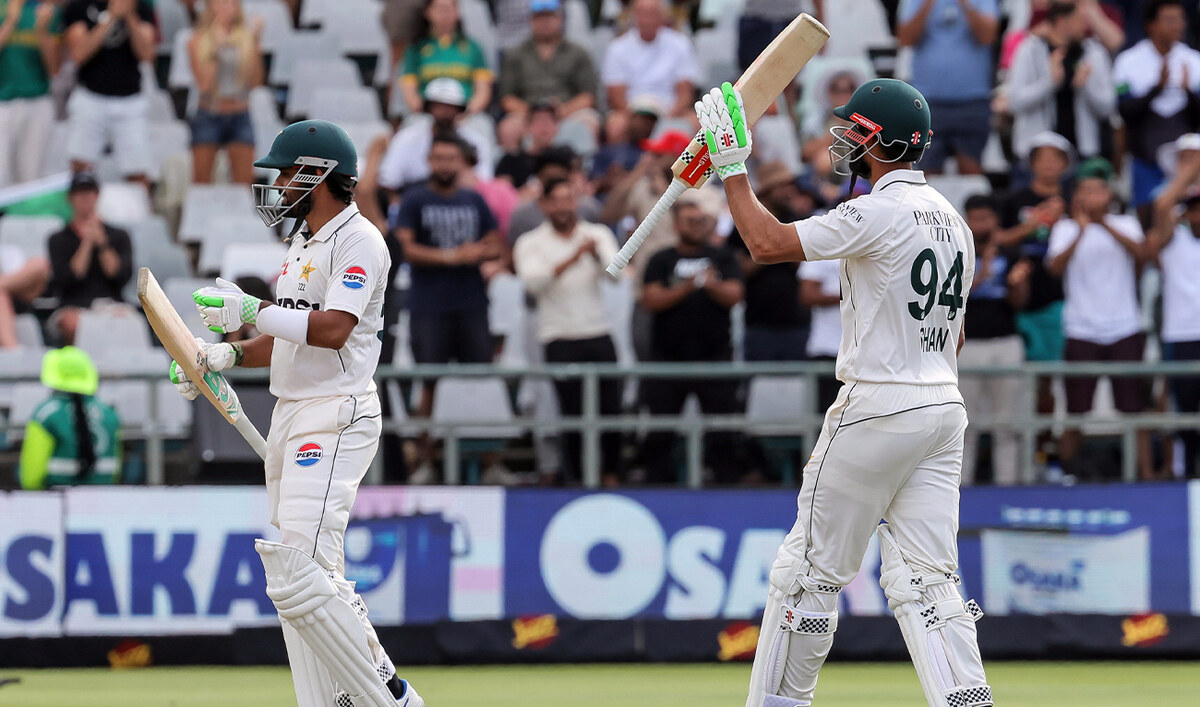ISLAMABAD: The National Electric Power Regulatory Authority (NEPRA) on Friday announced an increase of around 20 percent in the uniform power tariff to generate Rs3.8 trillion in funds for 10 power distribution companies (discos) during the fiscal year 2024-25, amid Pakistan’s talks with the International Monetary Fund (IMF) for a new bailout program.
The Rs5.72 per unit increase, which will take effect from July 1 after the government issues a formal notification, will provide Rs485 billion in additional revenue to discos and strengthen the government’s position in securing an IMF bailout in July.
Islamabad is currently locked in talks with the IMF for a longer-term bailout of around $8 billion after the last $3 billion helped Pakistan avert a sovereign default in June last year. Pakistan is expected to formally request for the program in the coming weeks.
NEPRA said the total Power Purchase Price (PPP) of ex-WAPDA distribution companies (XWDISCOs) for FY 2024-25 worked out as Rs3,277 billion, which includes Rs1,161 billion for fuel & variable cost and Rs2,116 billion as capacity charges.
“The capacity charges translate into Rs.6,957/kW/month, based on projected average monthly MDI of 25,348 MW. Thus, the capacity charges works out as around 65 percent of the total projected PPP of XWDISCOs, whereas energy cost is around 35 percent of the total projected PPP,” it said in a circular.
“In terms of average per unit PPP of XWDISCOs on unit purchased basis i.e. before adjustment of allowed T&D losses of XWDISCOs, capacity charges works out as Rs. 17.66/kWh, whereas energy charges are Rs.9.69/kWh, totaling to Rs.27.35IkWh for the FY 2024-25.”
The national average power purchase price works out as Rs.27.00/kWh, according to NEPRA. The generation cost is transferred to the DISCOs as per the prescribed mechanism.
Under the last IMF bailout, Pakistan was told to prevent further accumulation of circular debt in its power sector, arising from subsidies and unpaid bills. For a new program, the South Asian nation will need to implement reforms to reduce costs by improving electricity transmission and distribution, moving captive power into the grid, improving governance, and combating theft.
It will also have to maintain power and gas tariffs at levels that ensure cost recovery, with adjustments made to safeguard the financially vulnerable, through existing progressive tariff structures.
The government has the authority to make adjustments with different rates of increases for various consumer categories without affecting the overall revenue requirement determined by NEPRA.
Pakistan regulator increases power tariff by 20 percent amid new bailout talks with IMF
https://arab.news/n5pk9
Pakistan regulator increases power tariff by 20 percent amid new bailout talks with IMF

- The Rs5.72 per unit increase, which will take effect from July 1, will provide Rs485 billion in additional revenue to distribution companies
- Under last bailout, IMF told Pakistan to prevent further accumulation of circular debt in power sector, arising from subsidies and unpaid bills



















